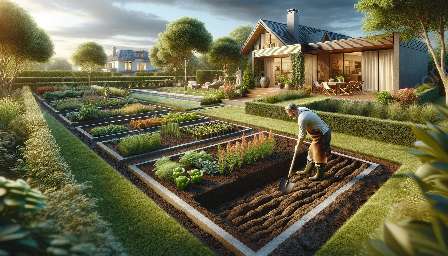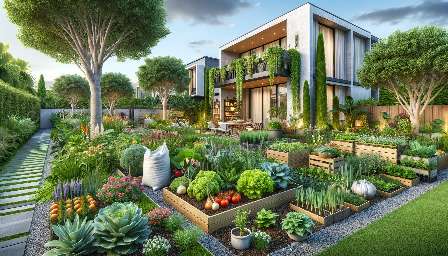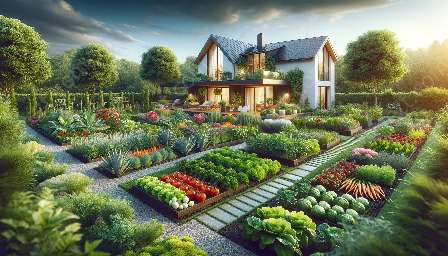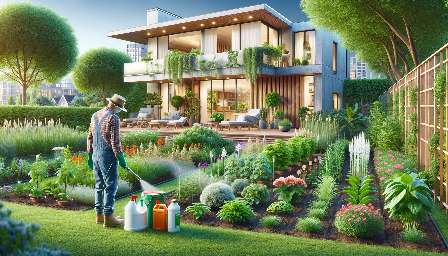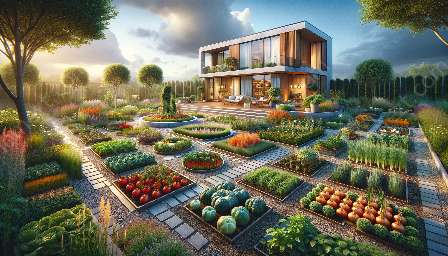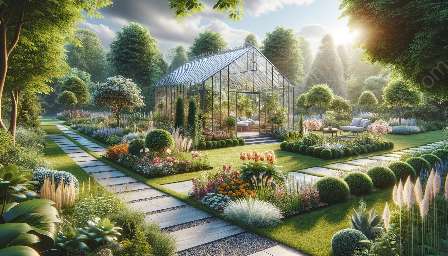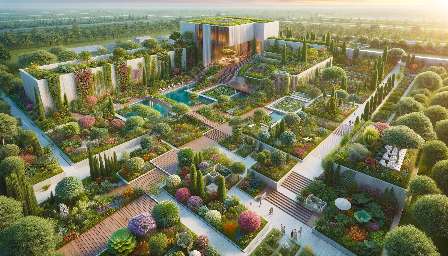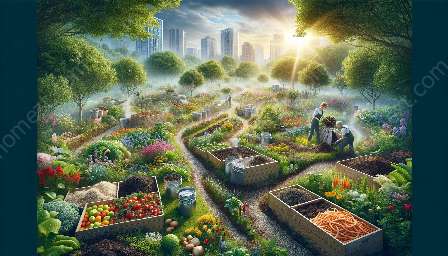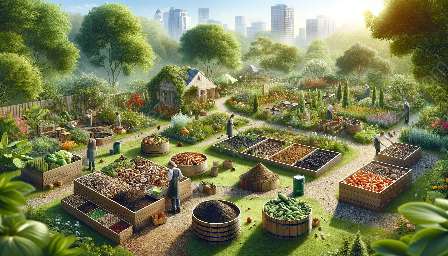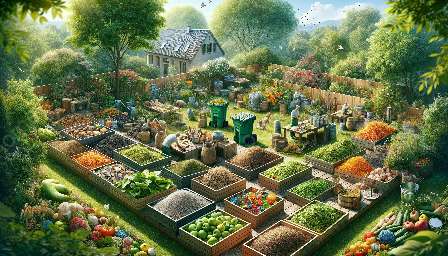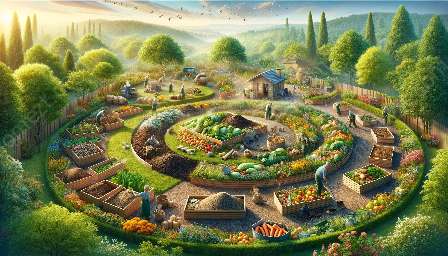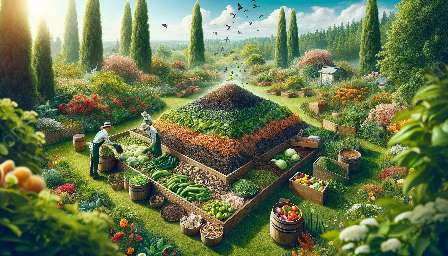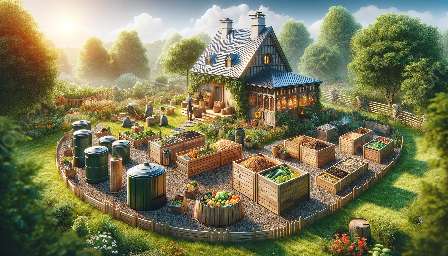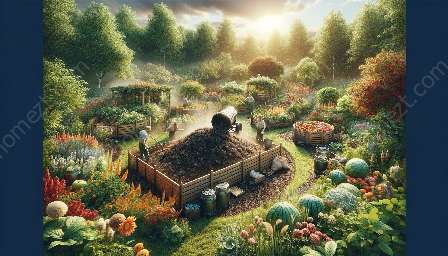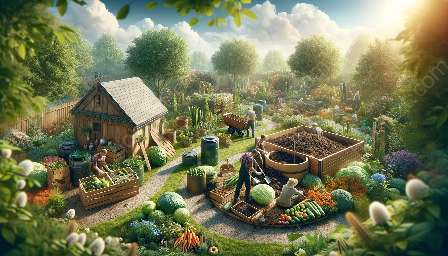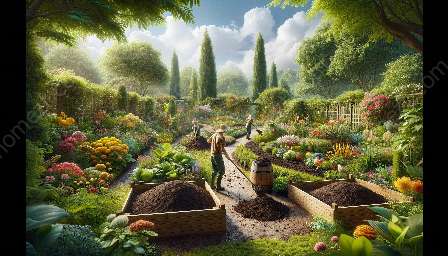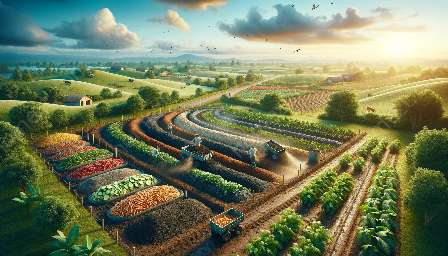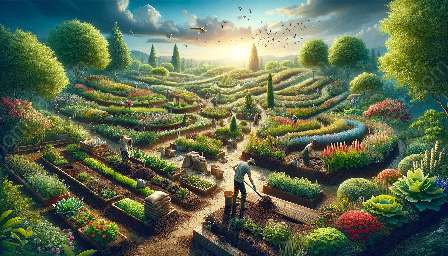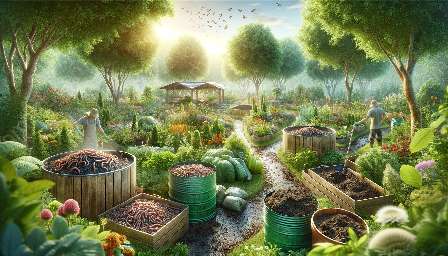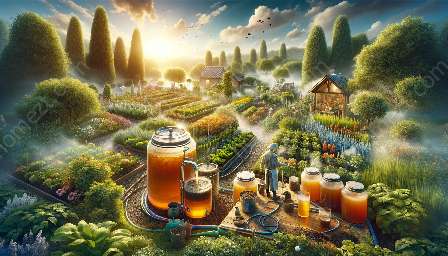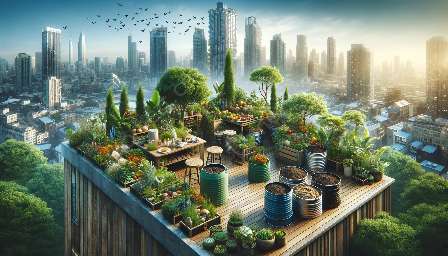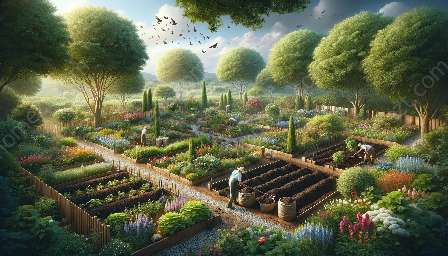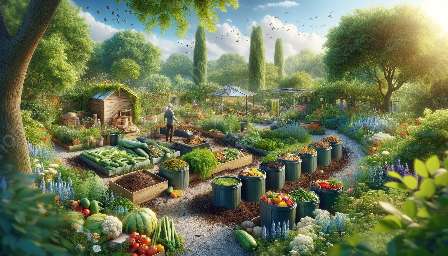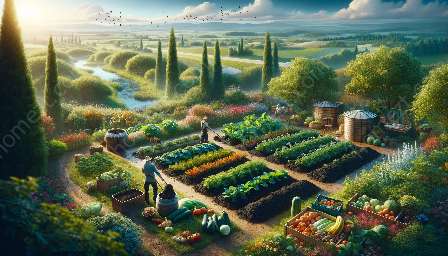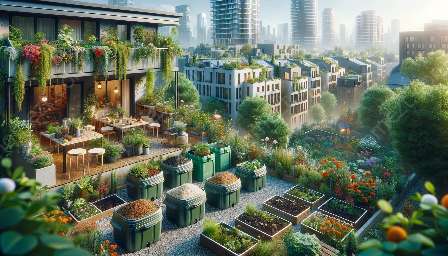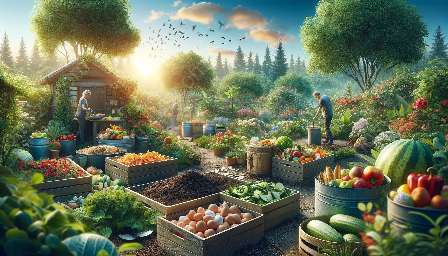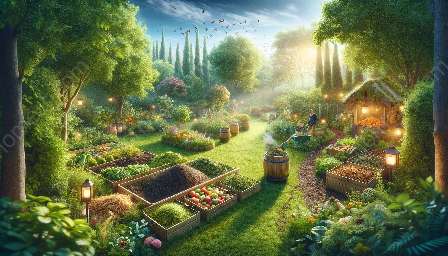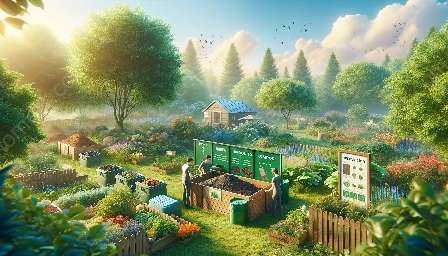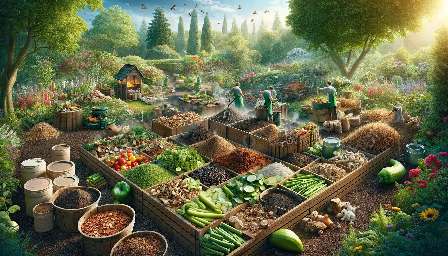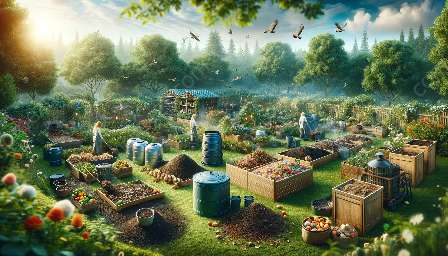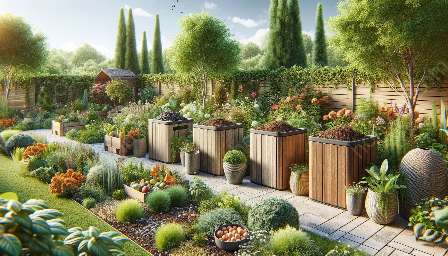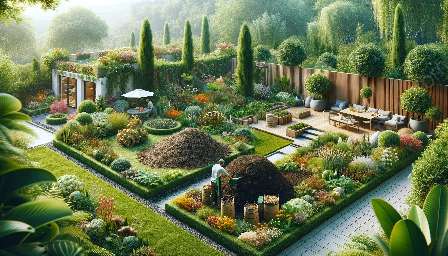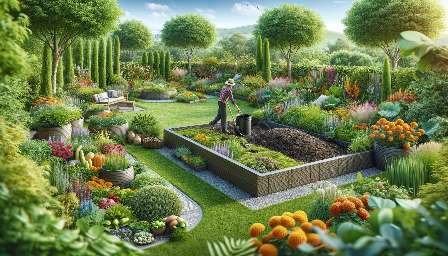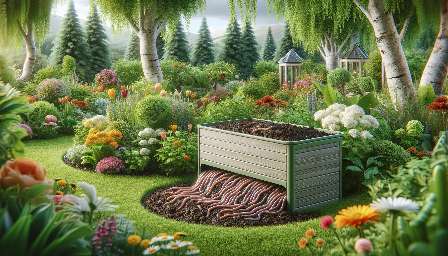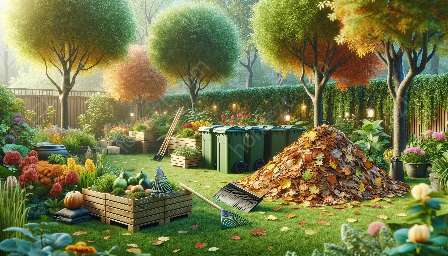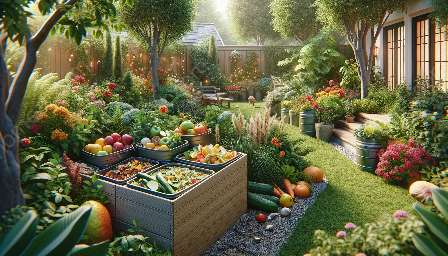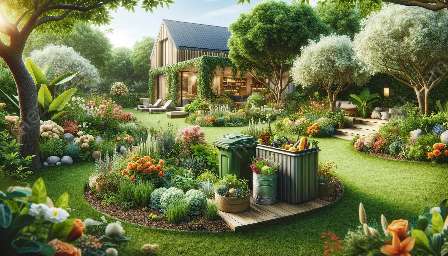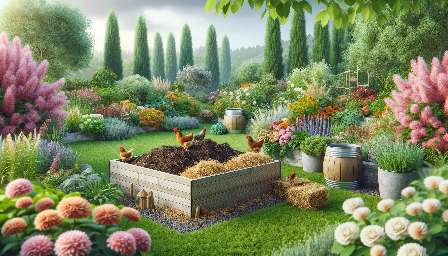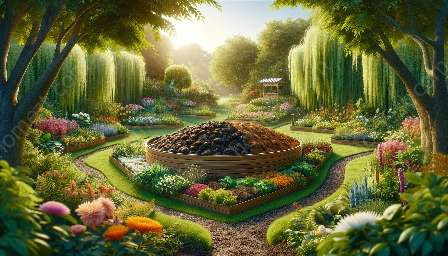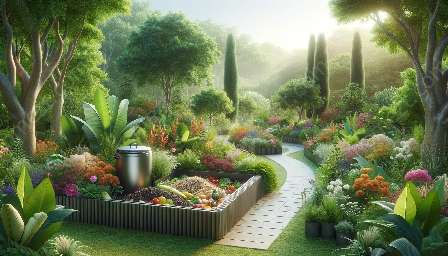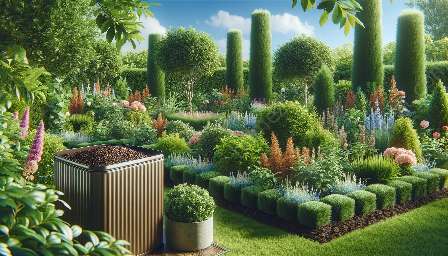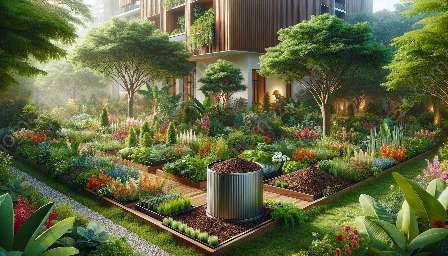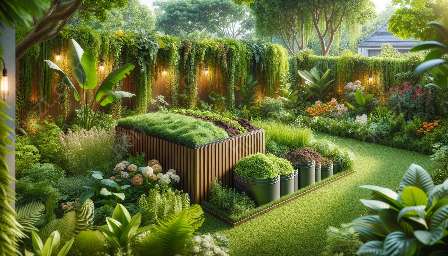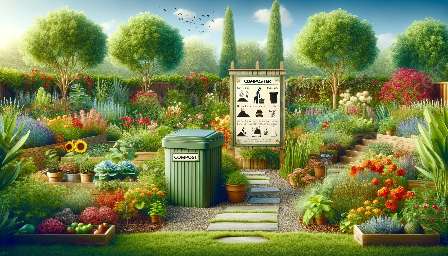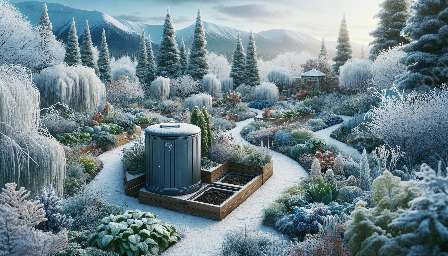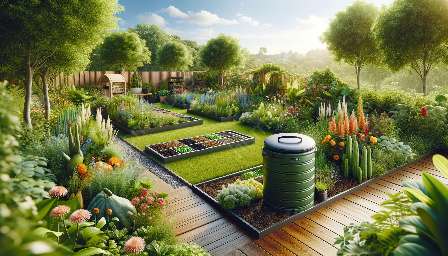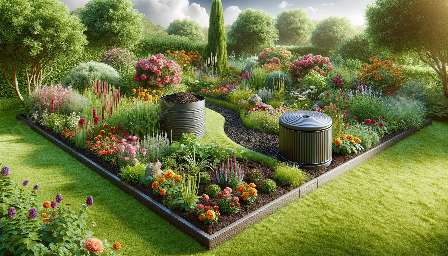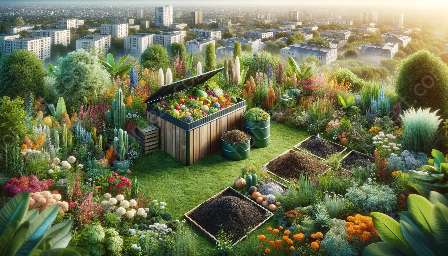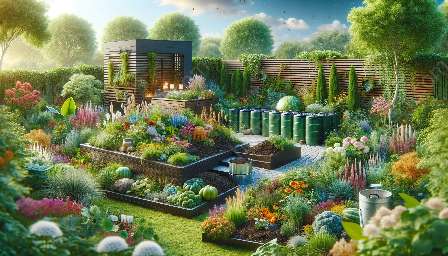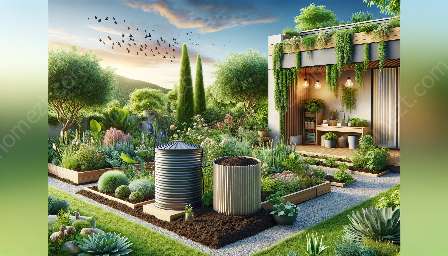Composting is a natural process that transforms organic matter into a nutrient-rich soil amendment. It is an essential practice for gardeners, landscapers, and home garden enthusiasts, offering multiple benefits for both the environment and plant health.
The Benefits of Composting
Composting enriches the soil by increasing its organic matter content, improving soil structure, and promoting beneficial microbial activity. This results in healthier and more productive plants, as well as better water retention and erosion control in the garden and landscape.
Furthermore, composting helps reduce the amount of organic waste sent to landfills, reducing greenhouse gas emissions and minimizing environmental pollution.
Methods of Composting
There are several methods of composting, including traditional backyard composting, vermicomposting using worms, and hot composting for faster decomposition. Each method has its advantages and can be tailored to suit different gardening and landscaping needs.
Backyard Composting
Backyard composting involves creating a compost pile or using a compost bin to decompose organic materials such as kitchen scraps, yard waste, and plant trimmings. With proper maintenance and a balanced mix of green and brown materials, backyard composting can yield high-quality compost for use in gardens and landscapes.
Vermicomposting
Vermicomposting, or worm composting, utilizes earthworms to break down organic matter into nutrient-rich castings. This method is particularly suited for indoor or small-space gardening and can produce compost faster than traditional methods.
Hot Composting
Hot composting involves creating a large compost pile that reaches high temperatures through microbial activity, resulting in rapid decomposition. This method is ideal for dedicated gardeners and landscapers looking to produce large quantities of compost quickly.
Tips for Successful Composting
Regardless of the composting method chosen, certain tips can help ensure success. Maintaining the optimal balance of green and brown materials, aerating the compost pile, and monitoring moisture levels are crucial for efficient decomposition and the production of high-quality compost.
It is also important to avoid adding certain materials such as diseased plants, pet waste, or meat and dairy products, as they can introduce pathogens or attract pests to the compost pile.
Using Compost in Gardening and Landscaping
Once matured, compost can be incorporated into garden soil to improve its fertility, structure, and water retention. It can also be used as a top dressing for lawns, a mulch for plant beds, or a component of potting mixes, providing a sustainable and cost-effective solution for enhancing plant growth and suppressing weeds.
Conclusion
Composting is a fundamental practice for gardeners, landscapers, and home garden enthusiasts, offering a sustainable way to enrich soil, reduce waste, and promote healthy plant growth. By embracing composting, individuals can play a vital role in fostering greener and more vibrant gardens and landscapes for the benefit of both current and future generations.



